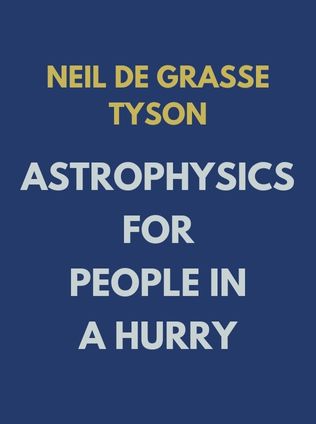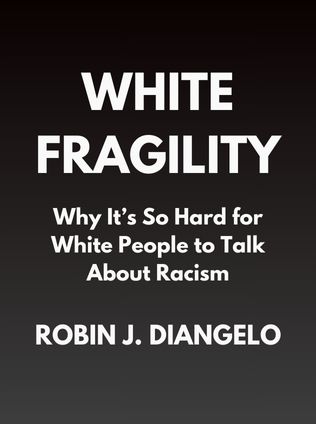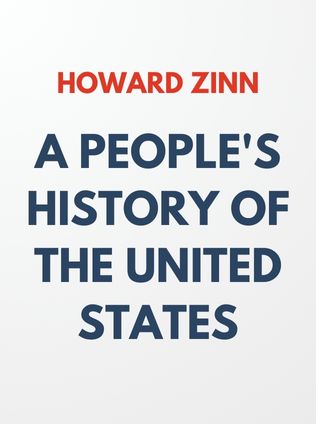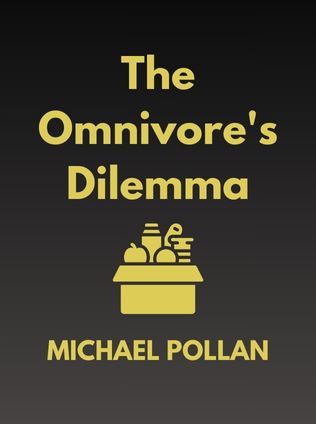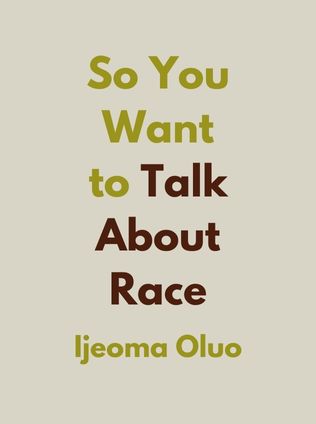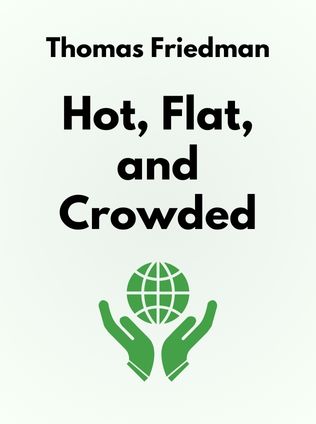
Hot, Flat, and Crowded
Why We Need a Green Revolution - And How It Can Renew America
By Thomas Friedman
Published 11/2009
About the Author
Thomas L. Friedman, a distinguished journalist and author, has made a significant impact with his insightful analysis of global affairs. As a foreign affairs columnist for The New York Times, Friedman has been awarded the Pulitzer Prize three times for his exceptional reporting. His previous works, including From Beirut to Jerusalem (1989), The Lexus and the Olive Tree (1999), Longitudes and Attitudes (2002), and The World Is Flat (2005), showcase his ability to distill complex global issues into engaging narratives. Friedman's deep understanding of international relations and his ability to convey intricate concepts with clarity have solidified his reputation as one of the foremost voices in contemporary journalism.
Main Idea
In Hot, Flat, and Crowded: Why We Need a Green Revolution – And How It Can Renew America, Thomas Friedman presents a compelling argument for the necessity of a "green revolution" to address the interconnected challenges of climate change, globalization, and overpopulation. Friedman contends that the convergence of these three forces – the "hot," "flat," and "crowded" aspects of our world – necessitates urgent action to build a sustainable future. Through a blend of rigorous research and engaging storytelling, Friedman outlines the critical need for a comprehensive approach to environmental stewardship and economic reform to ensure a prosperous and sustainable world.
Table of Contents
- Introduction
- The "Hot" Factor: Climate Change
- The "Flat" Factor: Globalization and Economic Equality
- The "Crowded" Factor: Overpopulation
- Code Green: A Call to Action
- Cradle to Cradle: Redefining Sustainability
- Petroauthoritarianism: The Oil Dependency Dilemma
- Presidential Power and Leadership
- Conclusion: The Path Forward
Introduction
Thomas Friedman’s Hot, Flat, and Crowded delves into the multifaceted challenges facing our world today, driven by the simultaneous forces of environmental degradation, economic flattening, and population growth. Friedman uses these "hot," "flat," and "crowded" elements as a framework to explore how these issues interconnect and how they demand a revolutionary response. His analysis is not merely descriptive but prescriptive, advocating for a profound transformation in how we approach our environmental and economic policies.
The "Hot" Factor: Climate Change
At the core of Friedman’s argument is the issue of climate change, which he refers to as the "hot" factor. He emphasizes that climate change is not a distant threat but an immediate crisis that requires urgent action. Friedman highlights the catastrophic impacts of global warming, including extreme weather events, rising sea levels, and severe disruptions to ecosystems.
Sign up for FREE and get access to 1,400+ books summaries.
You May Also Like
Rich Dad Poor Dad
What the Rich Teach Their Kids About Money - That the Poor and Middle Class Do Not!
By Robert T. KiyosakiFreakonomics
A Rogue Economist Explores the Hidden Side of Everything
By Steven D. Levitt and Stephen J. DubnerI Am Malala
The Story of the Girl Who Stood Up for Education and Was Shot by the Taliban
By Malala YousafzaiFactfulness
Ten Reasons We're Wrong About the World – and Why Things Are Better Than You Think
By Hans RoslingBraiding Sweetgrass
Indigenous Wisdom, Scientific Knowledge and the Teachings of Plants
By Robin Wall Kimmerer









